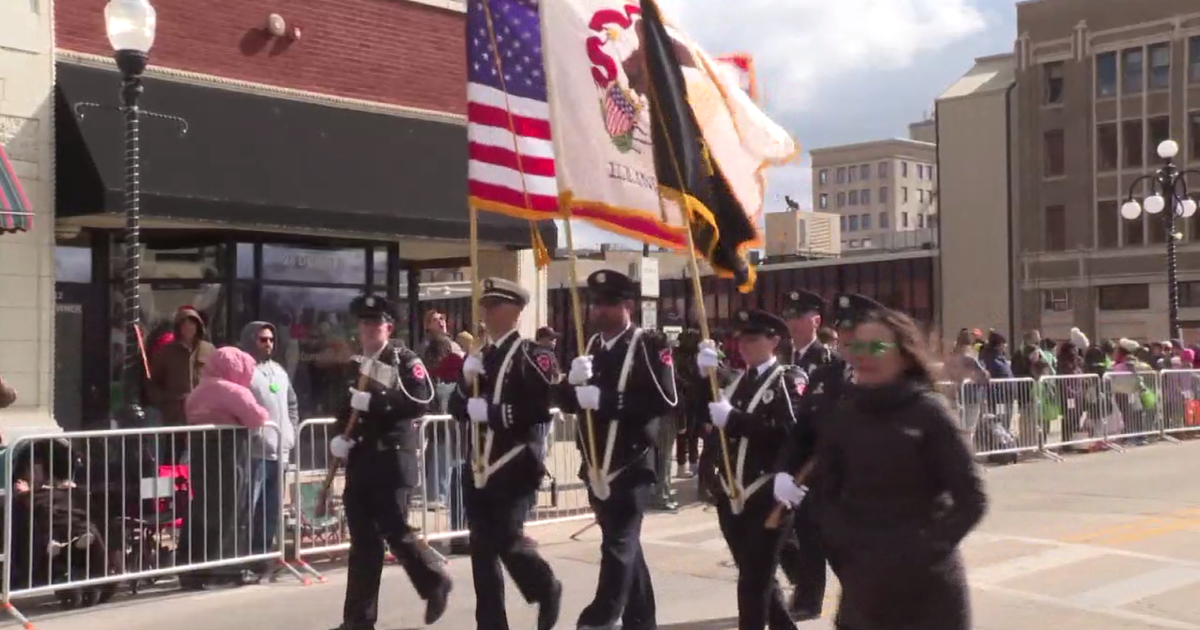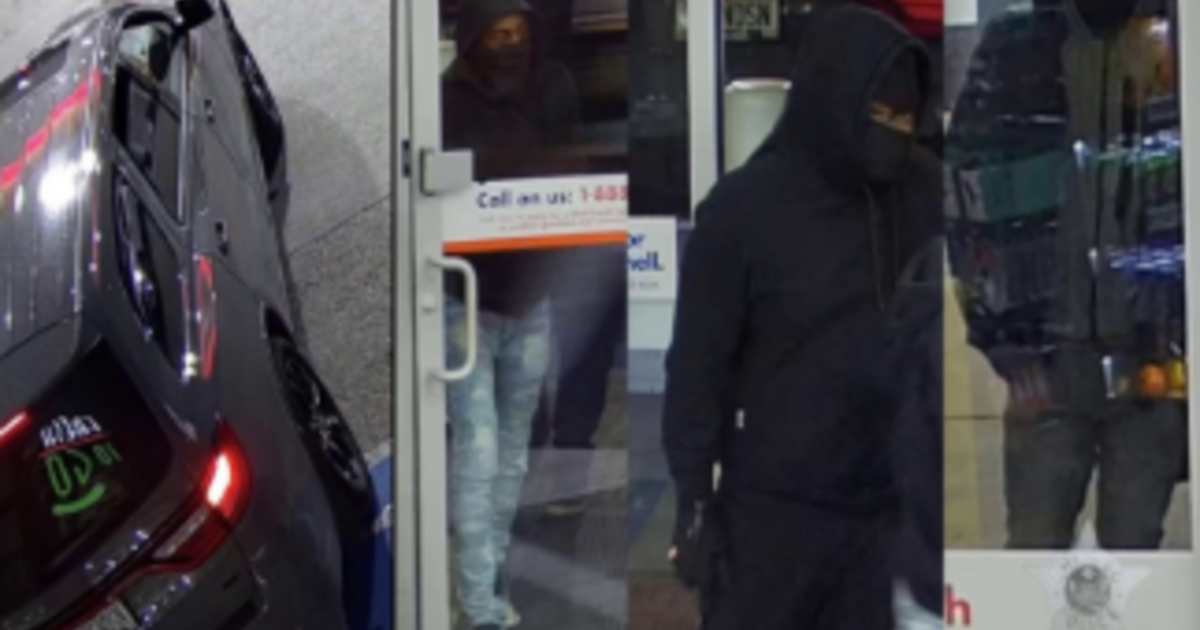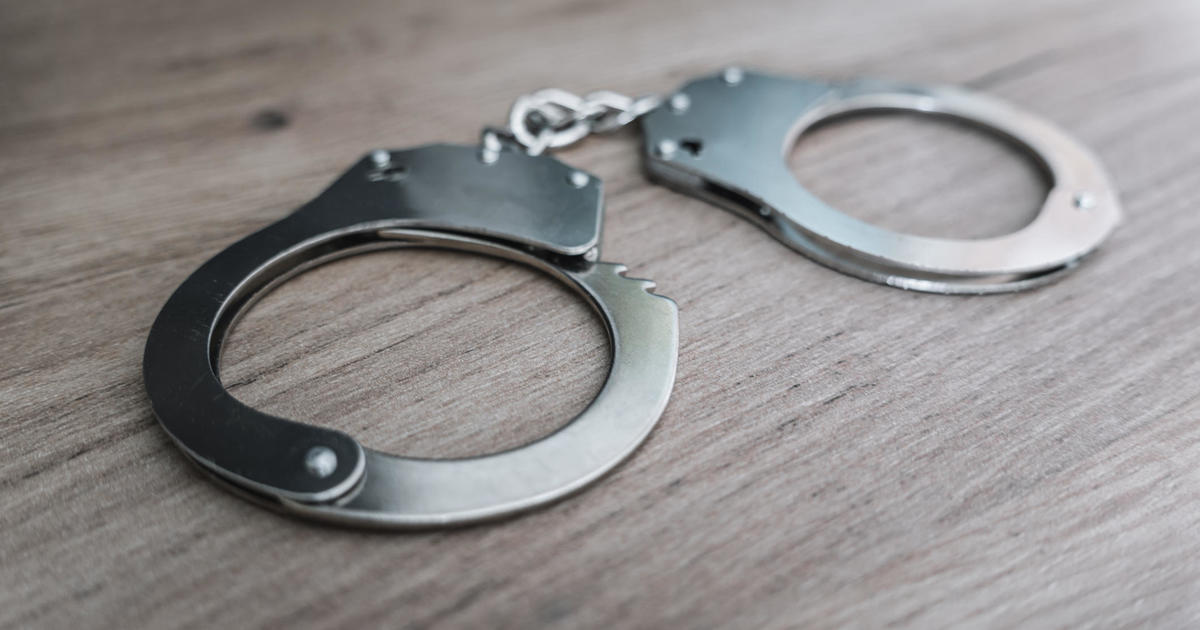2 Investigators: Ambulance Shortage, Patients At Risk
(CBS) -- When you need an ambulance, every second counts. But two paramedics tell 2 Investigator Pam Zekman help might not be there when you need it.
It was a typical afternoon in the city. The dispatcher on the radio pleading for ambulances:
"Anybody? ... Anybody else available out there? ... Anybody available out there that can take a run?"
Zekman asked a paramedic how often this type of thing occurs.
"Daily," came the response. "Sometimes several times a day."
The instances are so alarming the two paramedics agreed to talk with CBS 2 if they could remain anonymous.
The standard for response time for an ambulance is six minutes.
That day in question, there was a 19-minute response for an overdose; a 20-minute response for a child hit by a car and a 23-minute response for a high-risk pregnancy.
So, what's going on here?
"That's an everyday occurrence," says the paramedic. "There aren't enough ambulances, and there are too many calls coming in."
"The need keeps going up, and the number of ambulances stays static," adds the second paramedic.
Calls for ambulances have increased over the last three years, from 339,063 in 2014 to 370,809 in 2016.
The number is driven partly by increased violence in Chicago.
"That requires more ambulance resources," one of the paramedics says.
Take last April, when three people were shot, including two kids near 1450 North Sedgewick. It took 22 minutes for an ambulance to get to the second boy.
The city says it meets state standards by sending fire trucks with a paramedic on board until an ambulance arrives. But the paramedics who talked with CBS 2 say that's not enough
"Time is of the essence," one says. "They need to get to a hospital."
Three years ago, the 2 Investigators first exposed this problem. The city said it would buy more ambulances, but so far they haven't.
Meanwhile, this past Fourth of July, it took 15 minutes for an ambulance to respond when Andres Perea blew off part of his hand setting off fireworks. Perea was surprised to learn that the standard response time was six minutes.
"Someone could die out here, could bleed out," he says.
And on the Northwest Side of Chicago, on the 1600 Block of North Major, there was a 22-minute response for a shooting victim.
"That person could have died, died on the scene," neighborhood resident Tyheatsha Carr says.
"I absolutely believe that people have died already because ambulances couldn't get there in time," says one of the paramedics.
The city says it has purchased replacement ambulances and hired more paramedics to decrease the amount of overtime it has had to pay. That was in response to CBS 2 inquiries about adding more ambulances to the total fleet, as promised three years ago.
The city now says it has been compiling data to see how many more ambulances are needed and where they are needed. After they crunch the numbers, officials say they will share that information with the union.



